
Cancer Screening
Screening is the checking of your body for cancer when you do not have any symptoms. If you are regularly screened for cancer, it helps you to detect cancer early when it is easier to treat. Being proactive will help you detect to protect your health and well-being.
There are well established screening tests which can be used to detect some of the common cancers found in Malaysia. Do speak to your doctor to determine what is suitable for you based on your risk for cancer.
Mammography
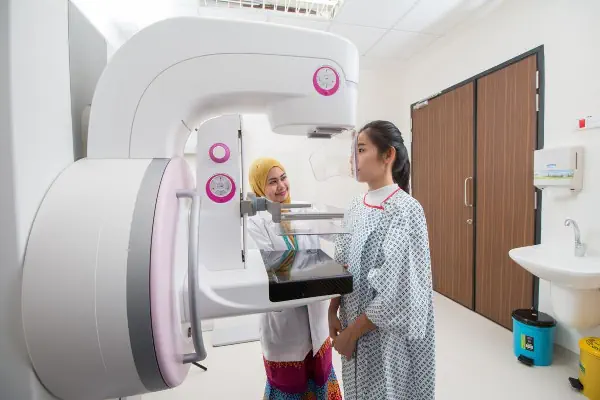
Mammograms are useful in breast cancer screening to detect the presence of tumour before the lump is big enough to be felt or for symptoms to show.
This digital mammography system uses low dose X-rays to produce internal images of the breast tissues. Patient’s exposure time to radiation dose is minimised. Unique features are also in place to help calm and reassure women throughout the entire mammography procedure.
Who should go for mammography?
Book an appointment for mammography at the nearest Gleneagles Hospital to you.
Pap test
Pap test helps detect abnormal cells in the cervix before they become cancerous. Learn more about pap test.
HPV test
The HPV test looks for the human papilloma virus which can cause cell changes. The test does not tell you if you have cancer, but the detection of the presence of HPV increases your risk of cervical cancer.
An HPV test is usually done at the same time as a Pap test. Your doctor will insert a speculum to push apart your vaginal wall, followed by a spatula to collect cells from your cervix. These cells will then be sent to the laboratory for testing.
Who should go for Pap test and HPV test?
Women aged 21 to 29 years: Start getting Pap tests at age 21 or after 3 years of vaginal intercourse. It should be done yearly till the age of 30, and women whose pap smear results show no abnormalities for 2 consecutive years can be tested every three years.
Women aged 30 to 65 years: Speak to your doctor about which screening test(s) is suitable (Pap test, HPV test).
Book an appointment for pap test or HPV test at the nearest Gleneagles Hospital to you.
Colonoscopy
Your doctor inserts a longer, lighted tube into your rectum and checks for polyps or cancer inside the rectum and entire colon. During the procedure, your doctor can remove polyps if they are found.
Immunochemical faecal occult blood test (iFOBT)
Immunochemical faecal occult blood test (iFOBT) is a lab test that can identify blood in stool that are not seen by the naked eye. The stool is collected at home and sent to a lab. Individuals above the age of 50 are encouraged to do iFOBT once a year.
Flexible sigmoidoscopy
Your doctor inserts a short, lighted tube into your rectum and checks for polyps or cancer in your rectum and lower colon.
CT colonography
X-rays and computers are used to produce images of your entire colon for your doctor to check.
Each test has its advantages and disadvantages. Please speak to your doctor to determine which is suitable for you.
Who should go for colorectal (colon) cancer screening?
Book an appointment with a gastroenterologist at the nearest Gleneagles Hospital to you.
Low-dose computed tomography (LDCT)
This procedure uses a computer linked to an X-ray machine that gives off low doses of radiation. During a scan, you will be asked to lie down on a table and the machine will produce a series of detailed images of your lung for your doctor to examine.
Who should go for yearly lung cancer screening with LDCT?
*A pack-year is smoking an average of one pack of cigarettes per day for one year. A person could have a 20 pack-year history by smoking one pack a day for 20 years or two packs a day for 10 years.
Book an appointment with a respiratory physician at the nearest Gleneagles Hospital to you.
If you would like find out more about screening procedures for other types of cancers, please refer to the individual cancer articles available here.
Cancer Screening Packages at Gleneagles Hospitals
For cancer screening packages at the nearest Gleneagles Hospital to you, find out here.
Gleneagles Hospitals also offer a wide range of health screening programmes that are specifically designed and can be customised based on every individual's needs. For appointments, please contact the health screening centre at the nearest Gleneagles Hospital to you.
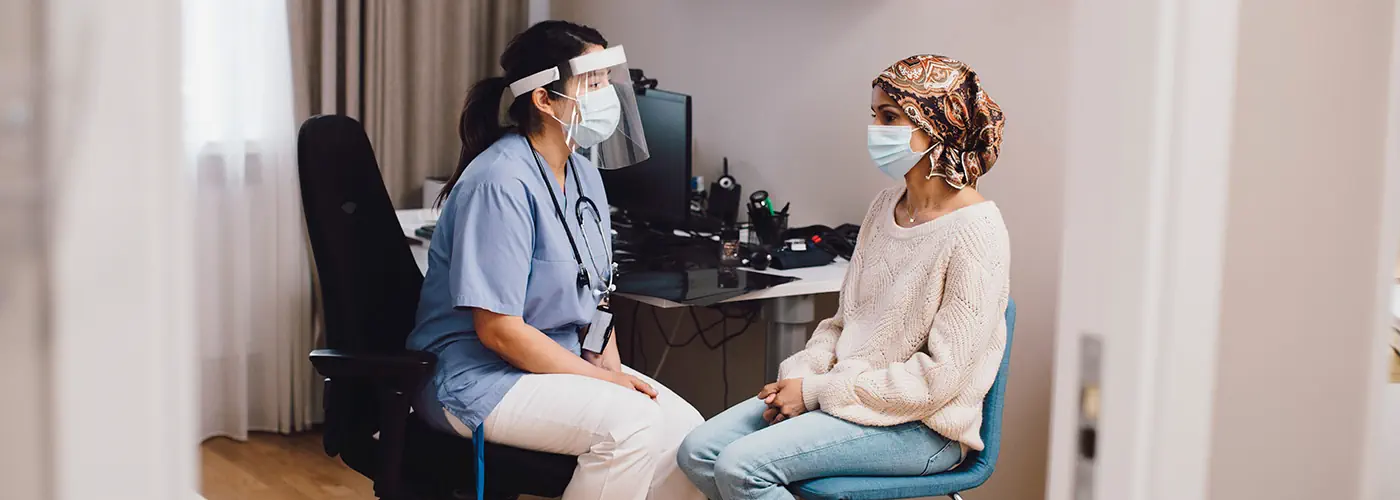
Cancer Diagnosis
Diagnosis is made based on various investigations. Your doctor would first question you about your general health and symptoms. Then, your doctor may employ one or more of the following approaches.
During a physical examination, your doctor examines your body for any unusual physical changes. Your doctor may look for lumps or abnormalities such as changes in skin colour. If breast cancer is suspected, your doctor may check for lumps in your breasts. An examination of the skin that reveals a yellowish tinge could be indicative of liver cancer.
Unusual levels of certain substances in your body that are not within the normal range can be a sign of cancer.
Laboratory tests can be conducted to help your doctor to identify abnormal changes that may be caused by cancer. These tests include urine test, blood test, and tumour marker test.
Tumour markers are substances which are often proteins found in blood, urine, or body tissues. They are produced by cancer cells or by other cells in response to cancer and may be used to support a diagnosis of cancer. Common tumour markers are:
A biopsy is usually the definitive way to diagnose cancer. During a biopsy, the doctor collects a sample of cells. These cells are then examined under a microscope in the laboratory and some tests may also be carried out.
A biopsy may be carried out in several ways:
Imaging tests allow your doctor to ‘look’ inside your body non-invasively to determine whether there is a tumour present. Some of the imaging tests used in diagnosing cancer are X-ray, ultrasound, Computerised Tomography (CT) scan, Positron Emission Tomography (PET) scan, Magnetic Resonance Imaging (MRI).
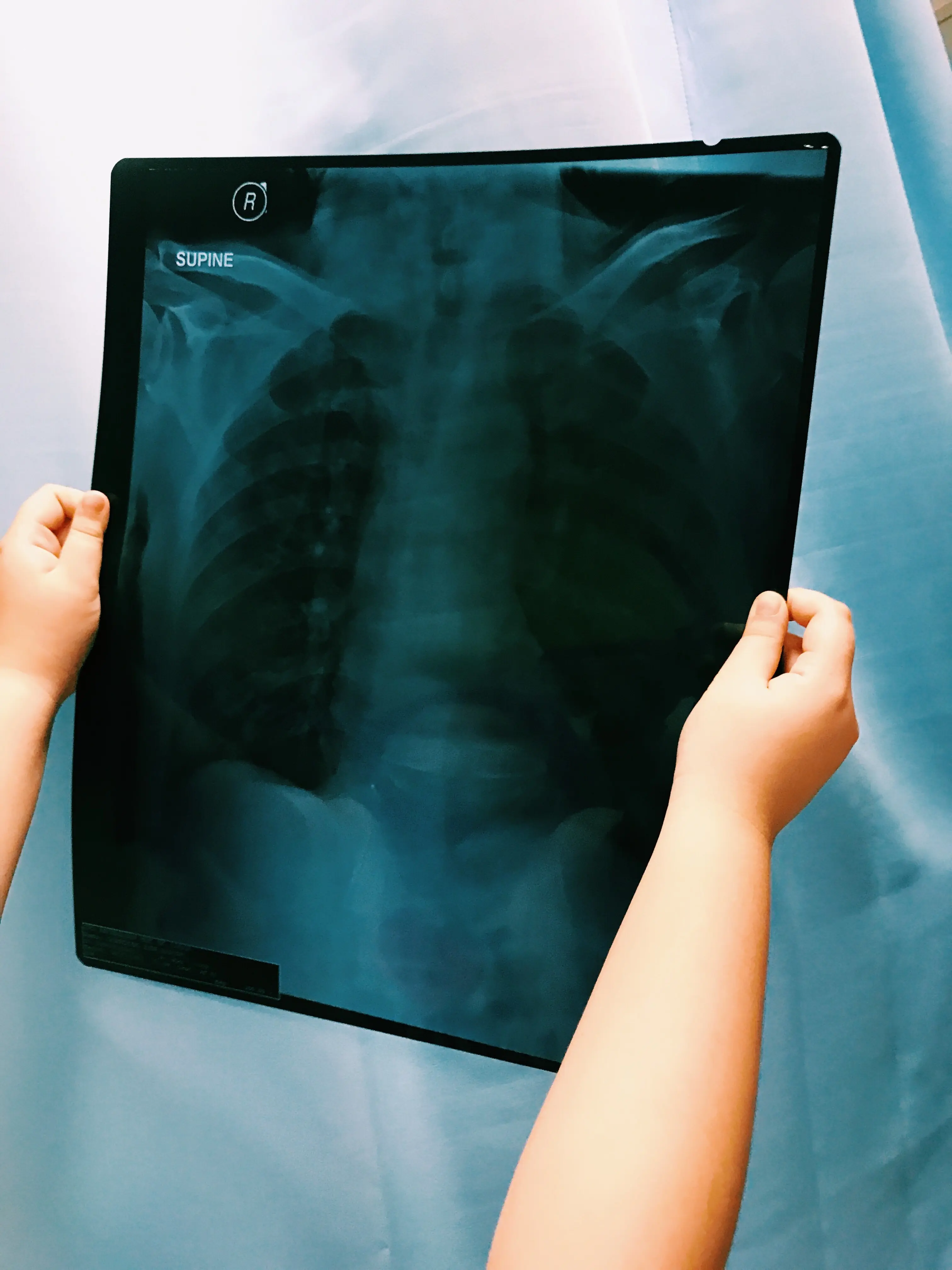
Digital general X-ray uses low-dose radiation to capture images of the inside of your body on a film. ... Read more
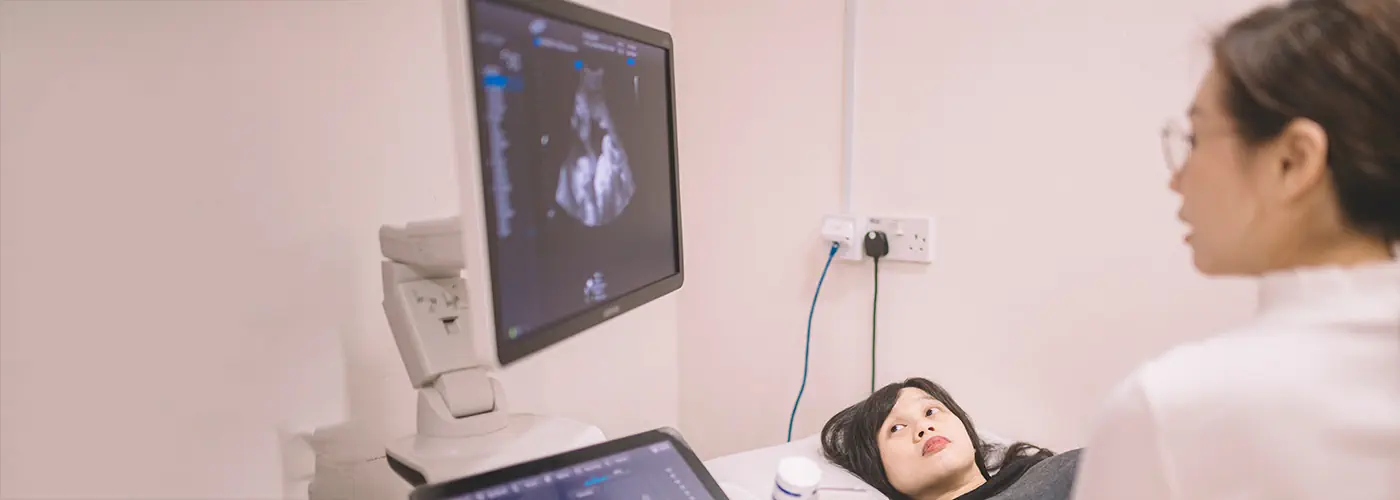
Ultrasound uses sound waves to capture images of the internal organs and structures of your body.... Read more
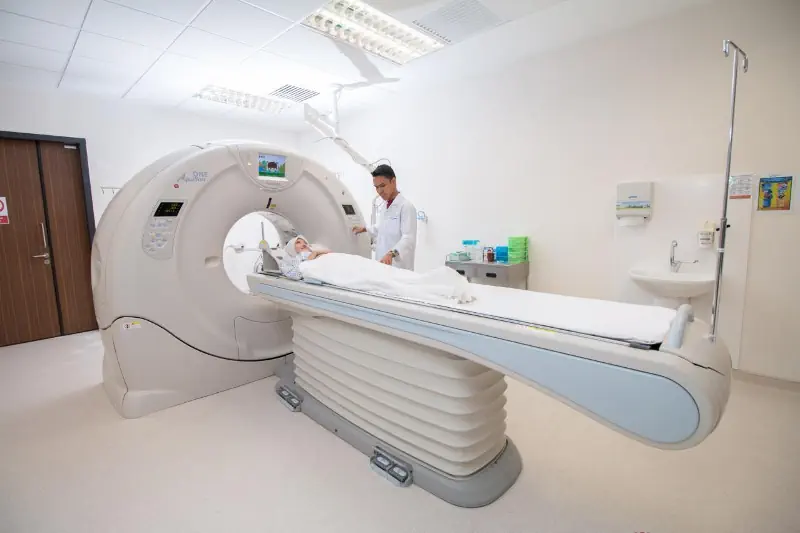
Computerised tomography or CT scan is used to generate detailed cross-sectional images (slices) of bones, blood vessels, and soft tissues in your body.... Read more
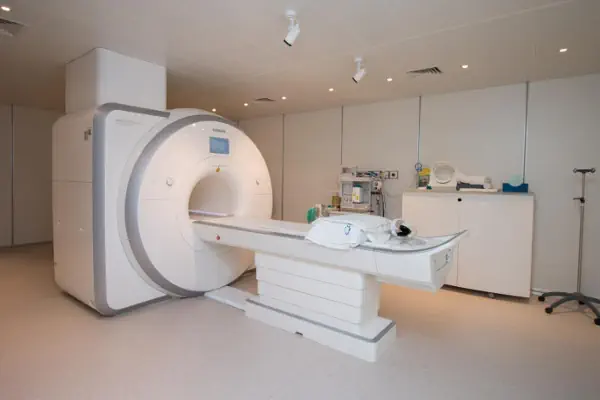
Magnetic resonance imaging or MRI scan uses powerful magnetic and radio waves to create detailed images of the inside of your body.... Read more
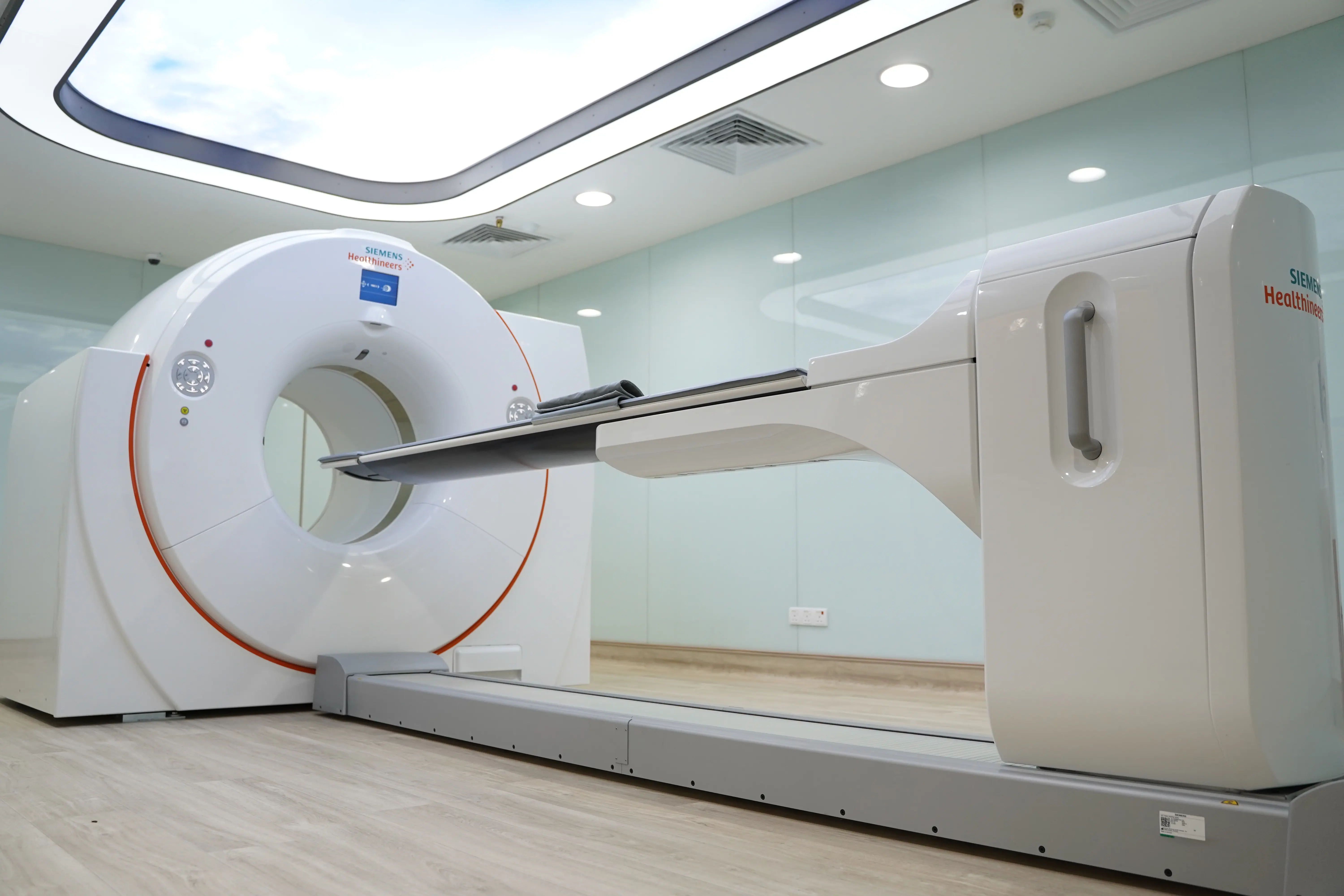
Positron Emission Tomography or PET scan is an advanced scan that provides in-depth information (metabolic or biochemical function) of tissues and organs in your body... Read more
Make an appointment at Gleneagles Hospitals
If you experience any symptoms of cancer or would like to be screened for cancer, get in touch with us to find out more about our Oncology Services at your nearest Gleneagles Hospital.
Gleneagles Hospital works with oncologists to assist patients through cancer treatment. The caring and multidisciplinary team of healthcare professionals are available for consultation and to provide the best care

Wait a minute